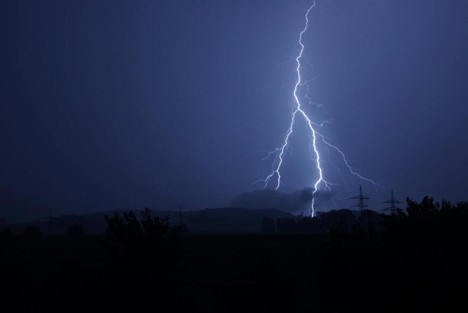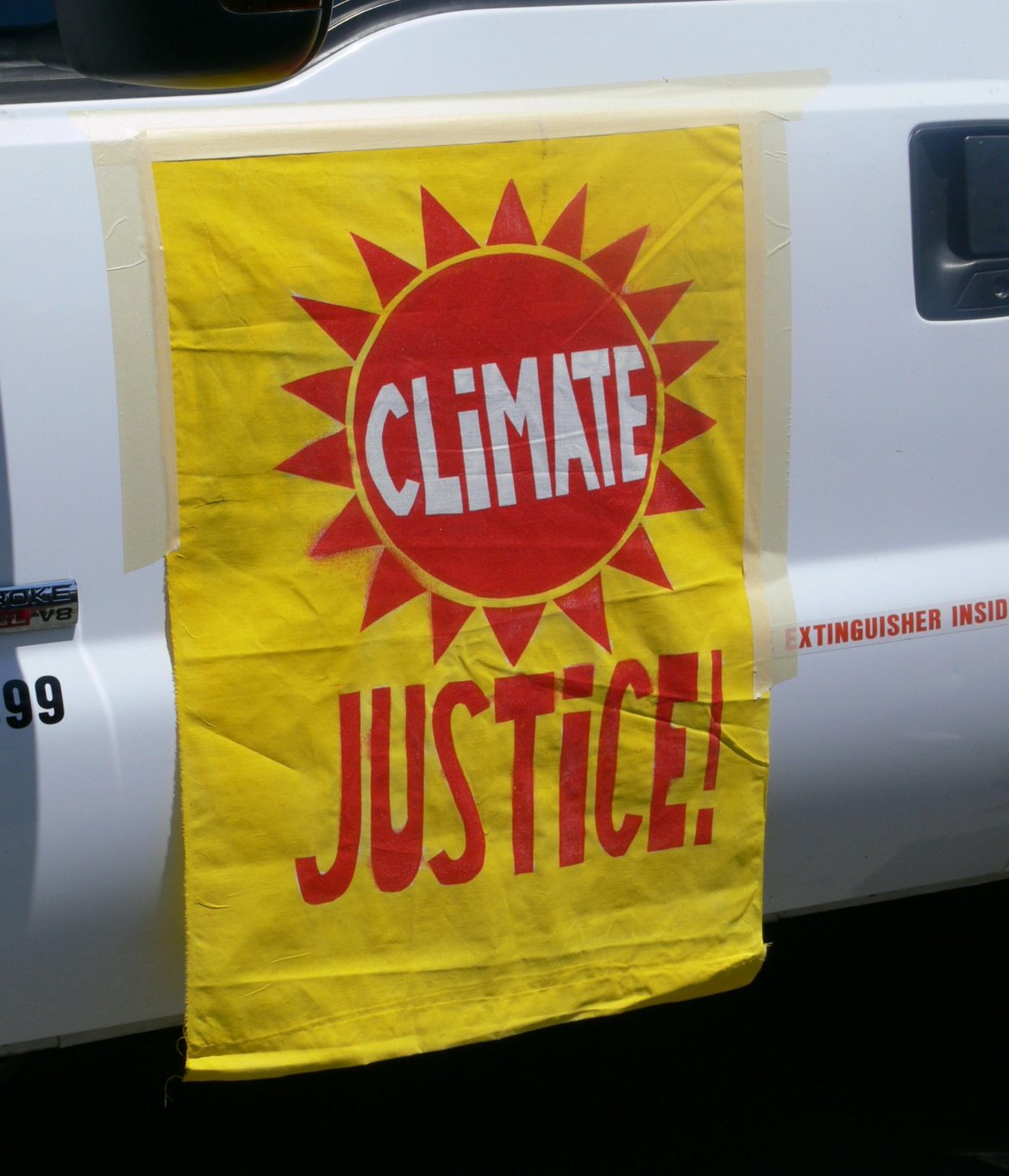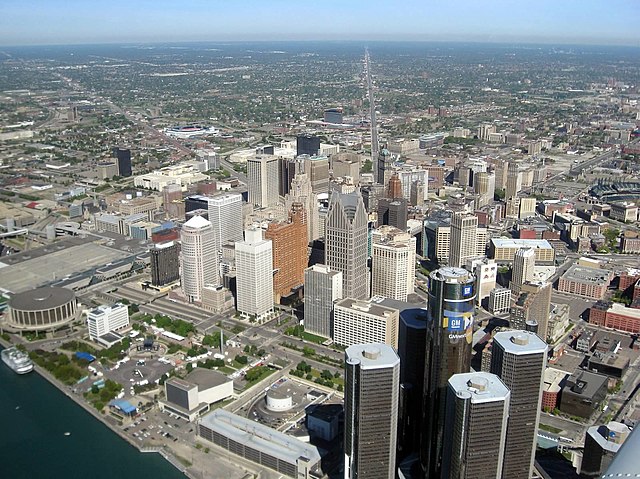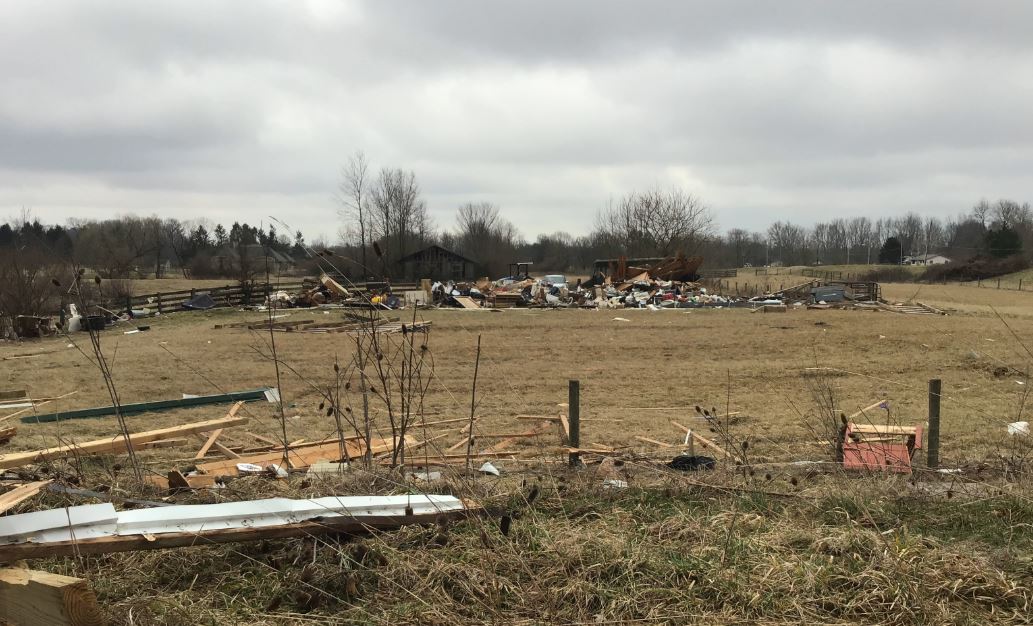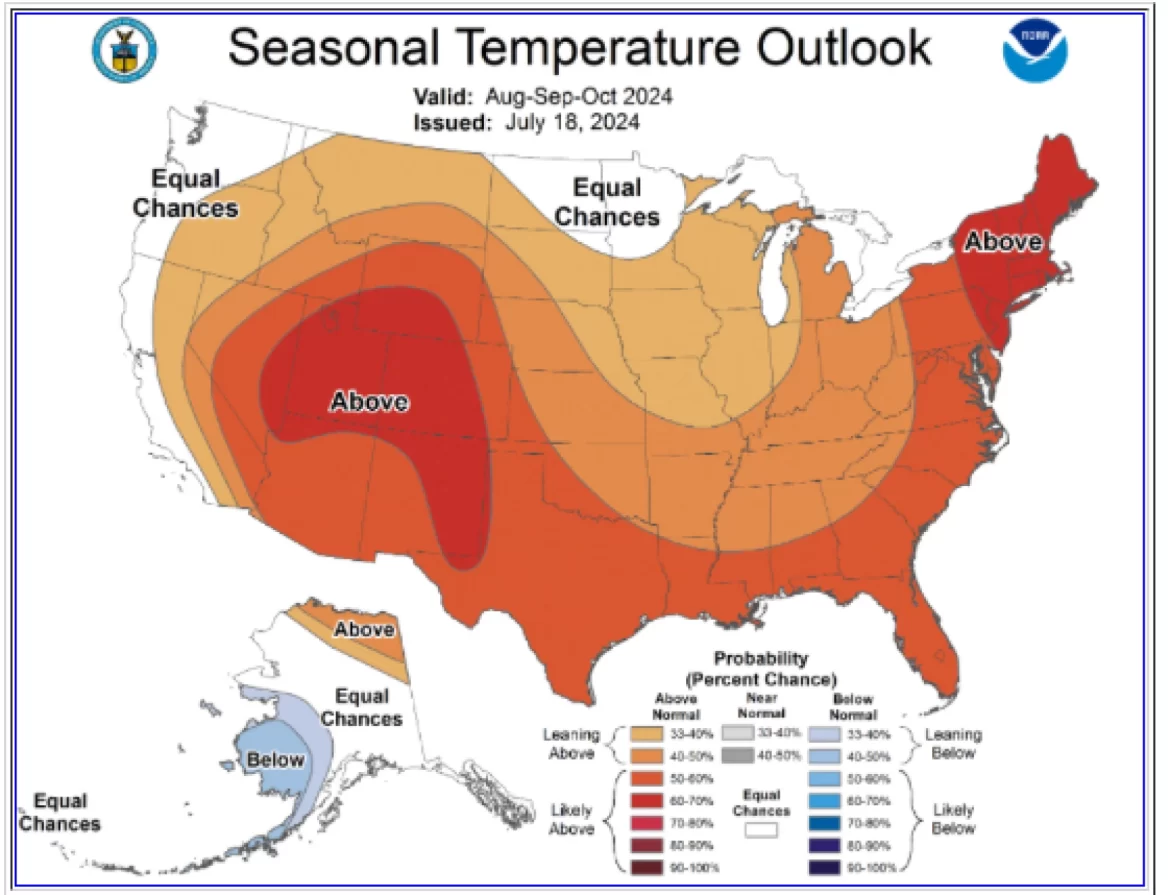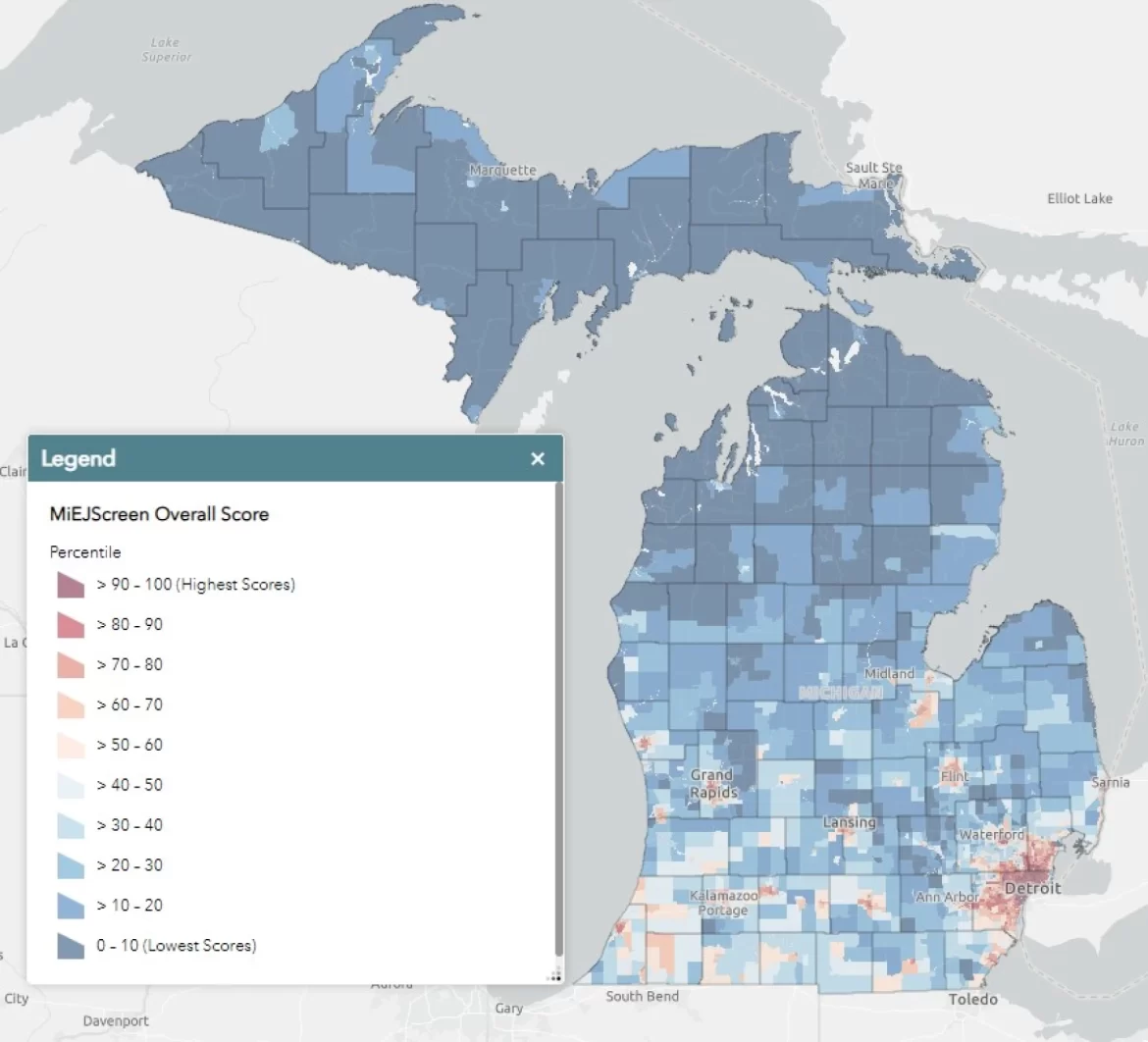By Jada Vasser
Reusing materials in creative ways is a lifelong obsession for Ang Adamiak – one that led her to launch a nonprofit. Even though these days she says she’s mostly “in an office writing grants” while her staff is out doing “interesting work,” building partnerships around the sustainable reuse of materials still fuels her. “We’re always looking for ways that we can be in relationship with other organizations, whether they’re bigger or smaller than us,” she told Planet Detroit. Peg Upmeyer launched Arts & Scraps in 1989, and Adamiak has served as its executive director since 2018. The organization aims to bring the people of Detroit together by “providing reused materials and educational resources to promote sustainability and creativity.”
The nonprofit serves the community through its Creative Reuse Community Store and educational STEM programs.
And now, Arts & Scrap’s model for reusing materials and reducing waste is part of the city’s effort to combat climate change as part of the Detroit Climate Strategy.
The city awarded Arts & Scraps a $5,000 climate action project grant to reach more families through the nonprofit organization Brilliant Detroit.

